Master class " GAME IN ENGLISH LESSONS AS A TOOL OF FORMING COGNITIVE COMPETENCIES OF YOUNGER LEARNERS IN THE CONTEXT OF NUS"
Master class " GAME IN ENGLISH LESSONS
AS A TOOL OF FORMING COGNITIVE
COMPETENCIES
 OF YOUNGER LEARNERS
OF YOUNGER LEARNERS
IN THE CONTEXT OF NUS"

![]() Aim: Presentation of pedagogical experience on the topic "Game in English lessons as a tool of forming cognitive competencies of younger learners in the context of NUS ".
Aim: Presentation of pedagogical experience on the topic "Game in English lessons as a tool of forming cognitive competencies of younger learners in the context of NUS ".
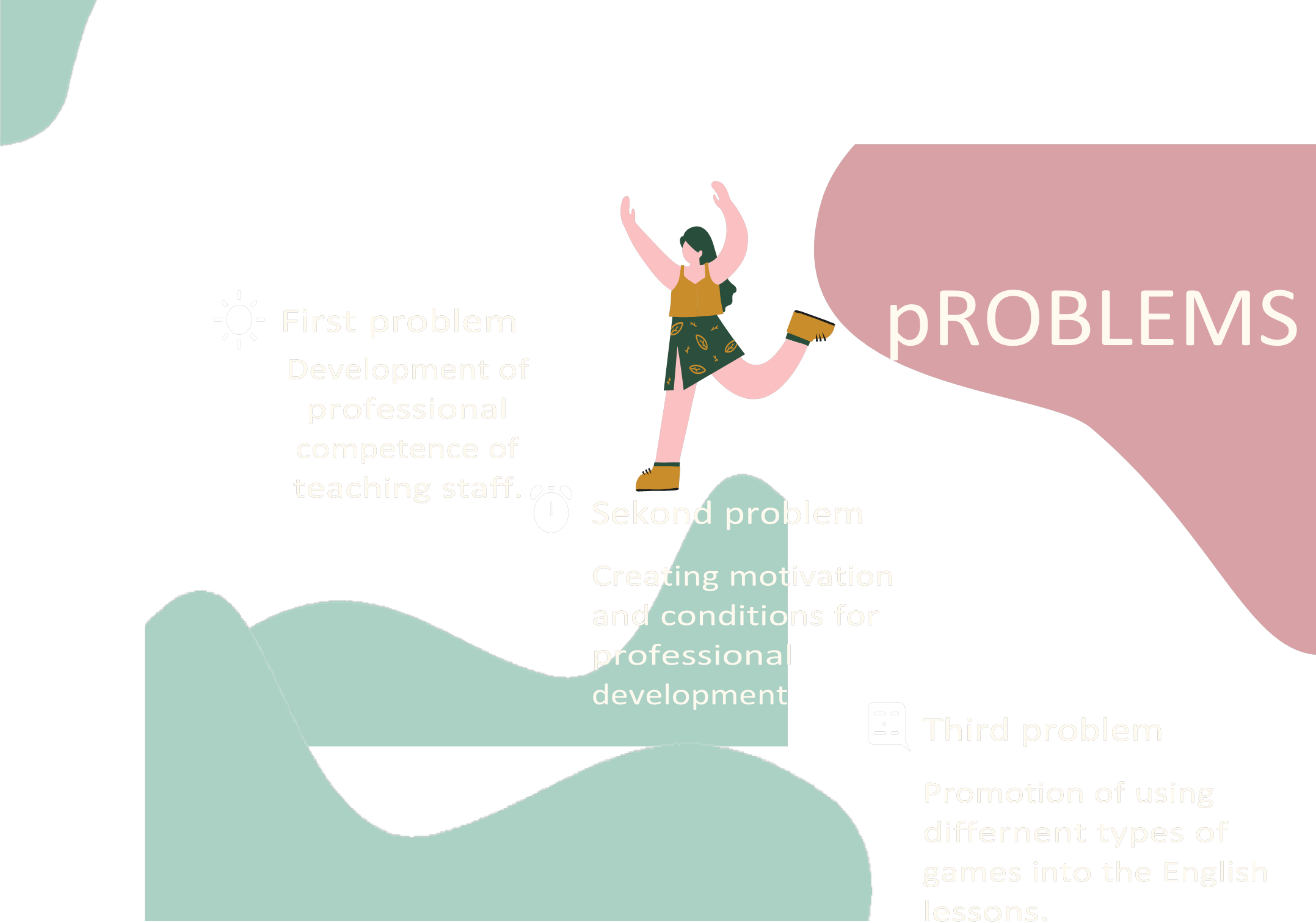
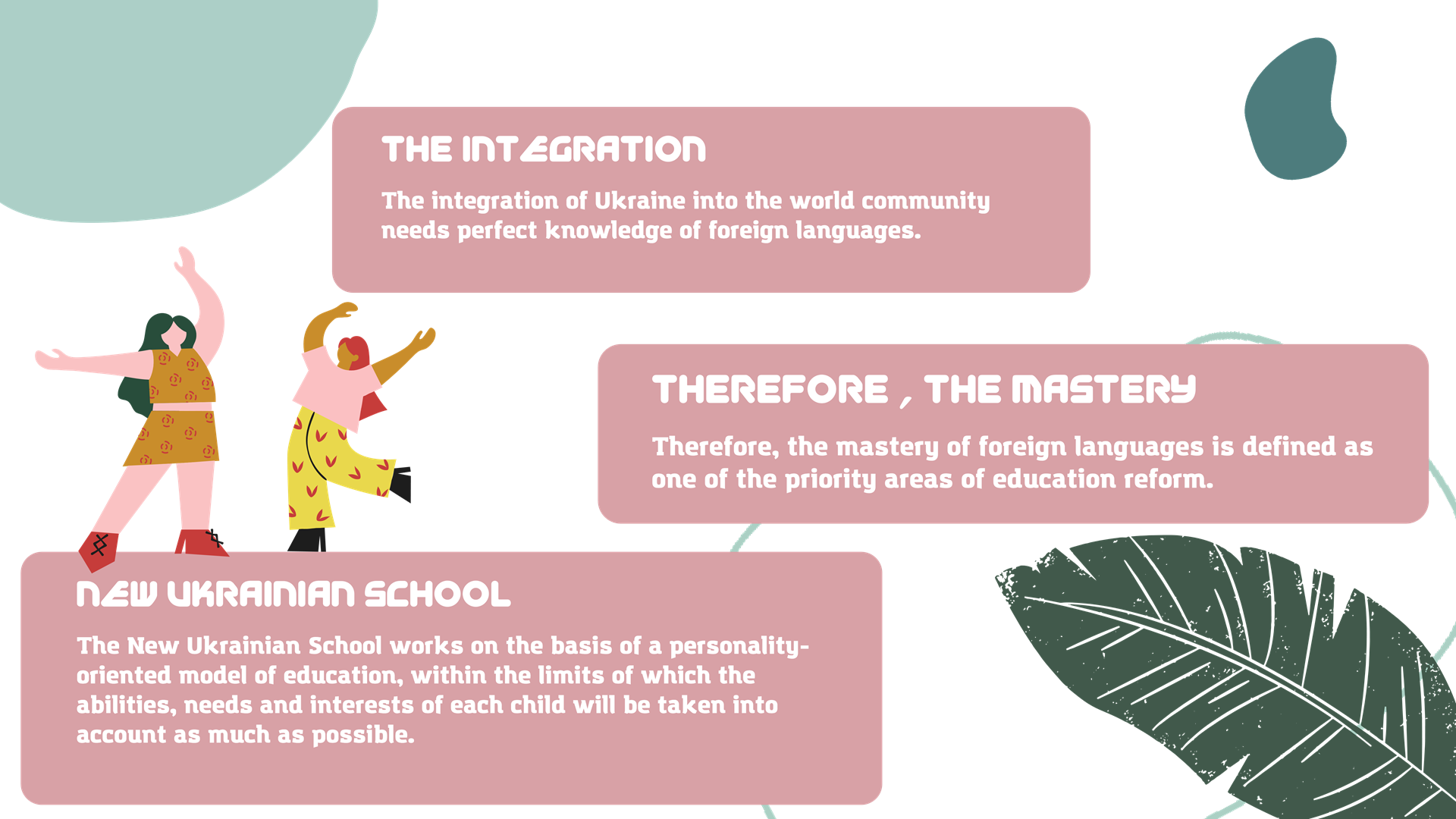
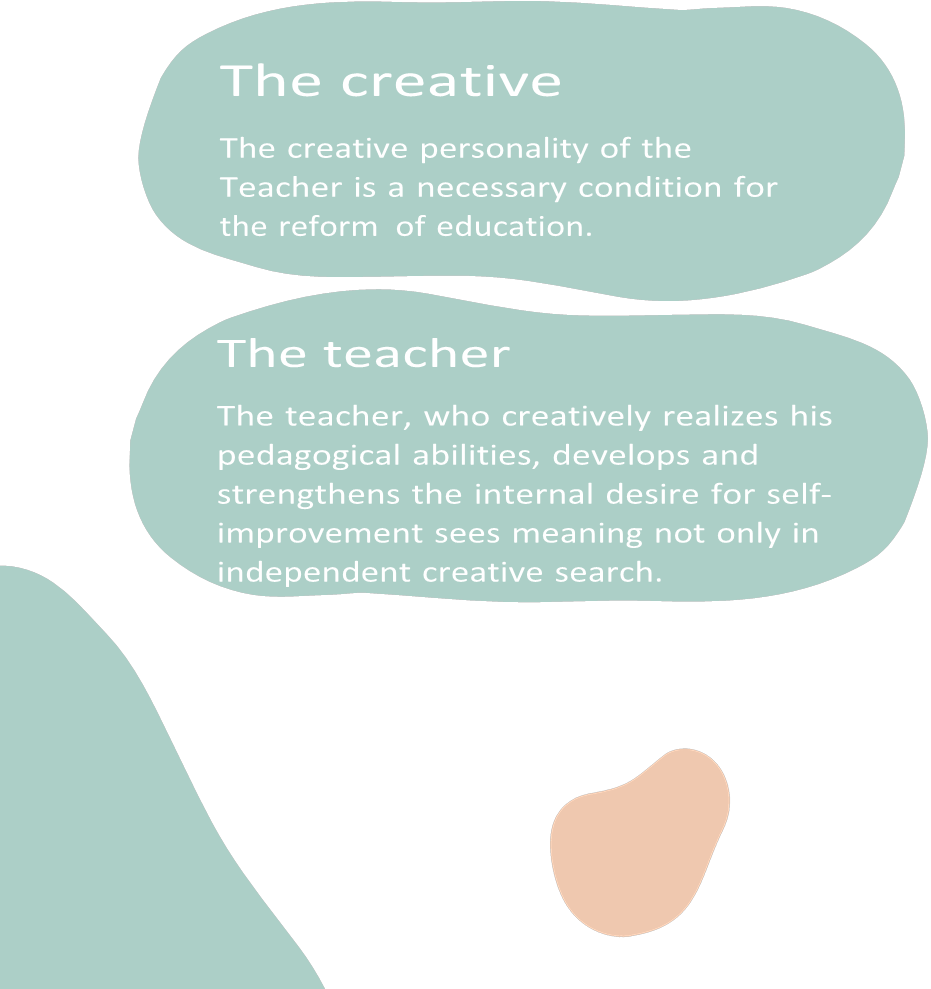

 |
games

Help learners
Games help learners learn words and structures in a context using correct pronunciation and spelling.
important role
 Games play an important role in the language learning
Games play an important role in the language learning
classrooms despite the fact
that most of the teachers are
not aware of it as a learning strategy

fun for the learners
Games are always fun for the learners so they attract their
 interest unlike the ordinary lessons
interest unlike the ordinary lessons
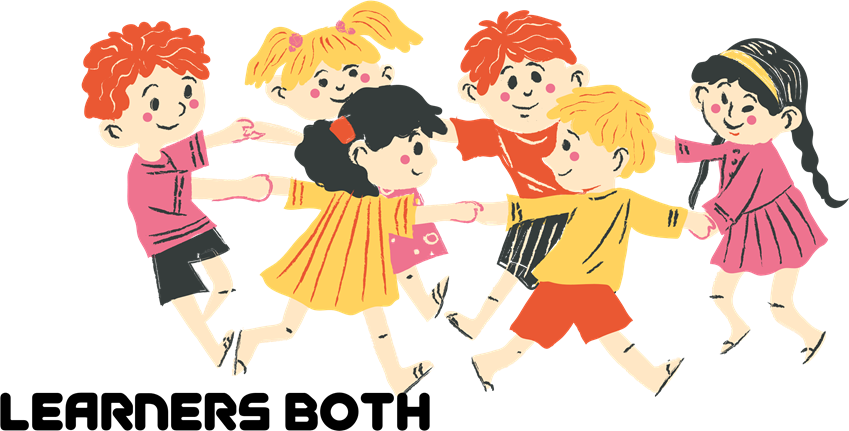

 |
The learners both learn the language and have fun in the classroom with the help of the games. Even shy and reluctant children react positively to them.
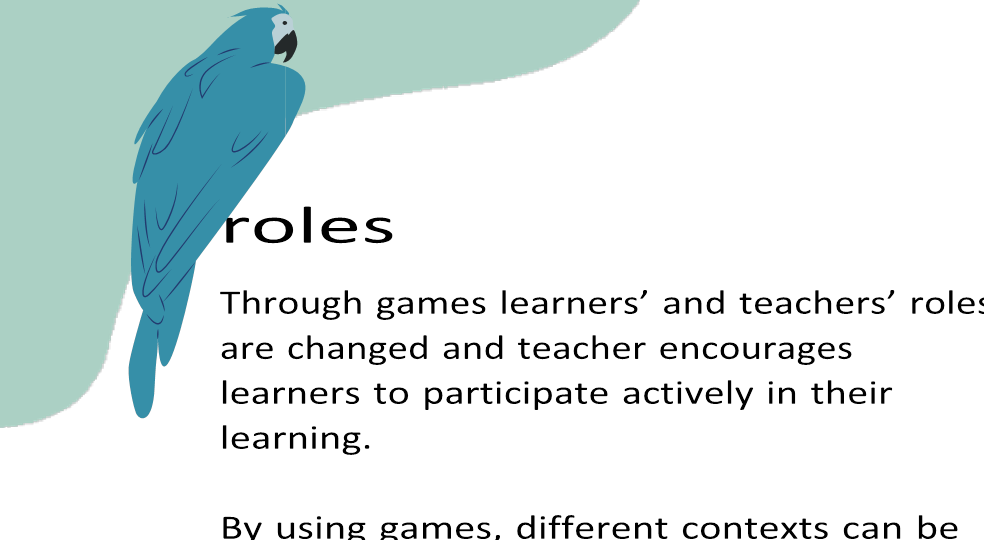 |
|||||||||
 |
|||||||||
 |
 |
||||||||
 created by teachers that allow learning unconsciously because the attentions of the learners are not on the language, on the message. As a result, when their focus is on a game as an activity, learners acquire the target language as they acquire their mother tongue, that is, without being aware of it.
created by teachers that allow learning unconsciously because the attentions of the learners are not on the language, on the message. As a result, when their focus is on a game as an activity, learners acquire the target language as they acquire their mother tongue, that is, without being aware of it.
 challenge
challenge
· Challenge and competition are key factors for any game and students pay more attention to completing the task.
· Games develop students’ ability to observe.
· Games have clear rules and objectives.
· Games develop critical thinking, problem solving, and imagination.

 · Games offer new and dynamic forms of teaching/ practicing which replace the traditional worksheets.
· Games offer new and dynamic forms of teaching/ practicing which replace the traditional worksheets.
· Games are adaptable for different levels of knowledge.
· Educational games are easy to understand and use.
· Educational games do not take long time to be played in the class.
· There are many online educational games which are free of charge.
· Immediate feedback both for the students and the teacher.
· The results are more visible (sometimes both visual and acoustic) and have a stronger impact.
· Games facilitate collaborative learning but, in the same time, students may learn at their own speed and cognitive level.
· Games may be used in the classroom as rewards for students.”
games
 As a result, there are games focused on fun and entertainment, interaction, developing learners’ knowledge of the world or focused on some particular element of language. Another possible criterion could be the
As a result, there are games focused on fun and entertainment, interaction, developing learners’ knowledge of the world or focused on some particular element of language. Another possible criterion could be the  way games are organized, and so, there are games which engage entire group of learners interacting in the classroom or subdividing them into smaller groups
way games are organized, and so, there are games which engage entire group of learners interacting in the classroom or subdividing them into smaller groups
active
learners can be active all the time or some of them can drop out after some time waiting for others to finish the game. Each type of game serves a specific function for both teachers and learners.
results
Considering
 Considering the function of games reflected in the purpose for which a game is used, Mróz distinguishes games focused on linguistic accuracy or general communicative goal. The first one guarantees success when a learner uses correct forms during a task that can be based on a drill or translation whereas the latter aims at developing students’ communicative skills and, at the same time, skilful transmission of information during a conversation.
Considering the function of games reflected in the purpose for which a game is used, Mróz distinguishes games focused on linguistic accuracy or general communicative goal. The first one guarantees success when a learner uses correct forms during a task that can be based on a drill or translation whereas the latter aims at developing students’ communicative skills and, at the same time, skilful transmission of information during a conversation.
 Focusing on classification of games provided by Lee it is possible to list a wider range of games with their focus being at the same time their main function. The classification
Focusing on classification of games provided by Lee it is possible to list a wider range of games with their focus being at the same time their main function. The classification

 |
includes structure games (focused on syntax and technical aspects of language, vocabulary games (focused on
developing learners’ L2 lexicon), spelling, pronunciation or
number games, listen-and-go games, games and writing, miming
and role-play, as well as discussion games
 |

 |
 Shifting the focus on the structure of games it is possible to distinguish various types depending on the tools and various physical materials used in order to play it. Such a classification is put forward by Lewis and Bedson, who distinguished the following:
Shifting the focus on the structure of games it is possible to distinguish various types depending on the tools and various physical materials used in order to play it. Such a classification is put forward by Lewis and Bedson, who distinguished the following:
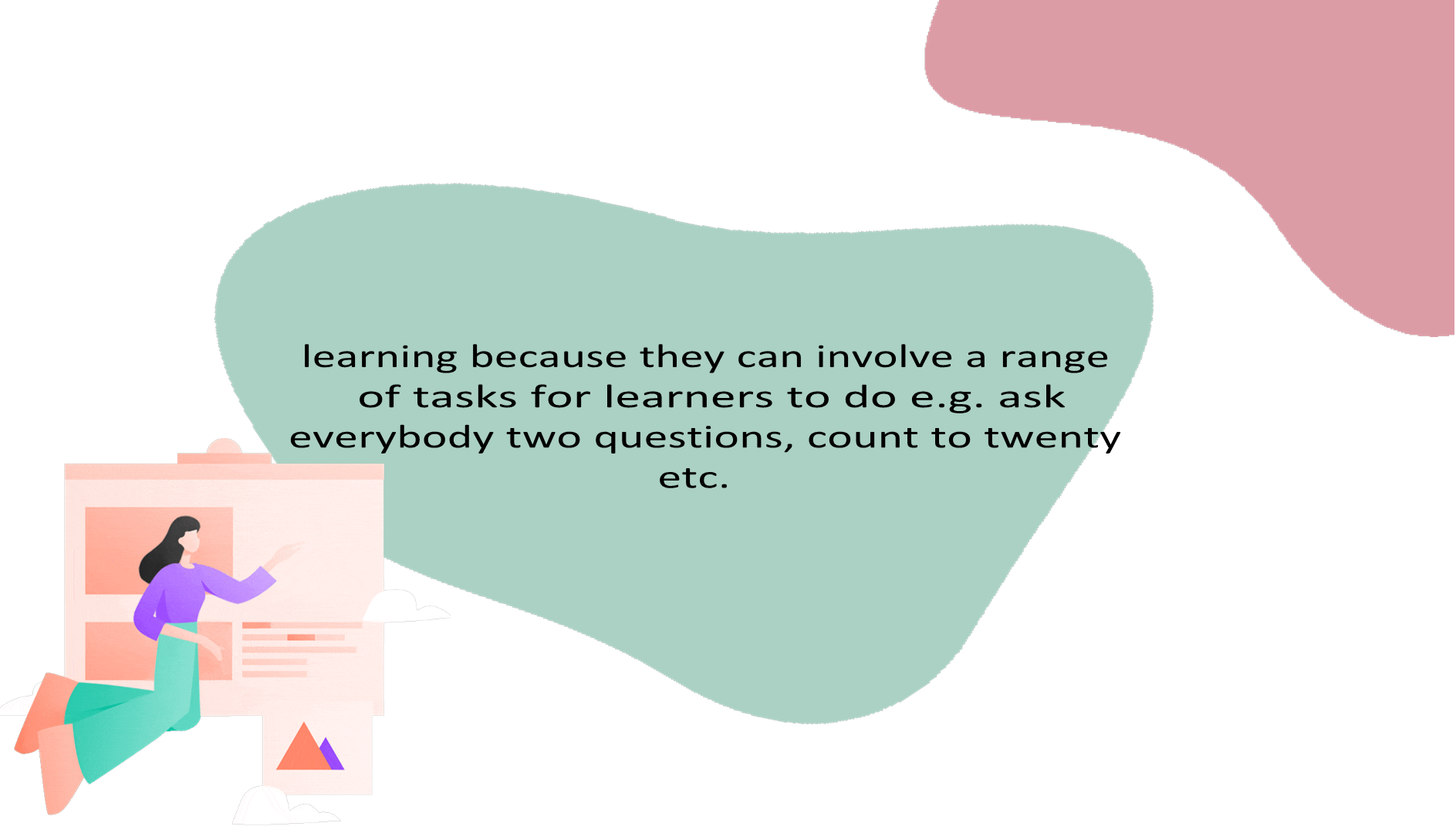 |
card games
- card games – games based on assembling cards, disclosing, exchanging, sorting, and counting them. The cards can have a
gist or usefulness in a game, or clearly serve as symbols for actions or objects. As a result, learners can develop
associations between the names of the activities in English,
the pictures and the subsequent movement - dice games. Games
 of this sort are very flexible. It is important to note that the dice need not only to have numbers on the faces. Dice games can have colours, numbers or letters of the alphabet. It is very easy to attract the attention of young learners with dice games because they contain the element of unpredictability and luck (Ellington et al.).
of this sort are very flexible. It is important to note that the dice need not only to have numbers on the faces. Dice games can have colours, numbers or letters of the alphabet. It is very easy to attract the attention of young learners with dice games because they contain the element of unpredictability and luck (Ellington et al.).
-  drawing games- these games show a relatively specificfeature since they traverse a gap between the fundamental functions of the brain. On the one hand, drawing stirs
drawing games- these games show a relatively specificfeature since they traverse a gap between the fundamental functions of the brain. On the one hand, drawing stirs
inventiveness and susceptibility towards the world but on the
other hand, children need to be able to understand directives
and describe their art. Games based on drawing might be useful when working with sheepish children who are
reluctant to talk. Despite the fact that children may not be
ready to describe their picture thoroughly by themselves they will definitely reply to questions with yes or no answers.
Furthermore, drawing games can also be used to include a degree of competitiveness as well as enable children to memorize new vocabulary items better (Lewis - Bedson).
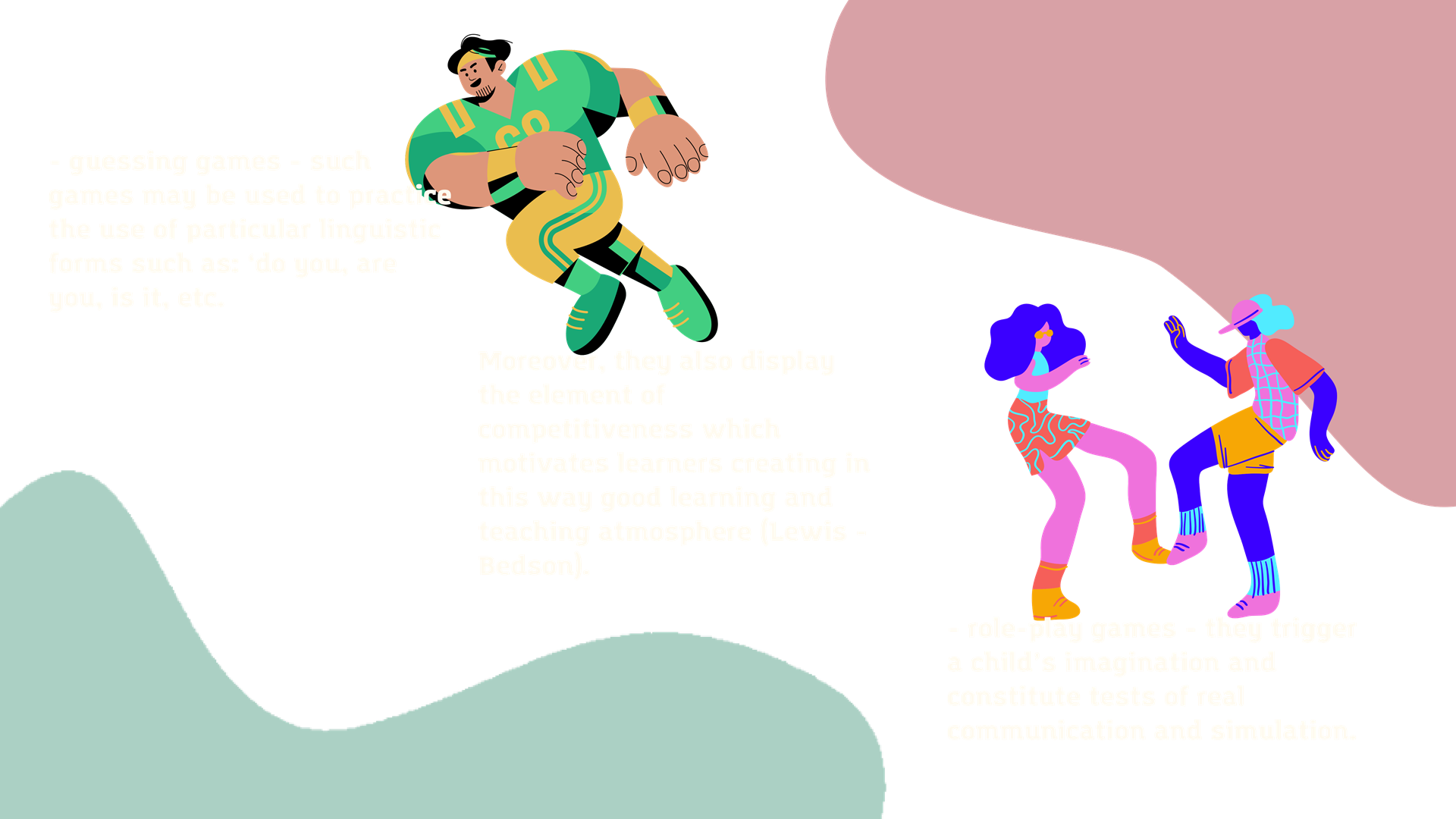
 . Many young learners benefit greatly from role-play games in terms of their linguistic competence as well as their
. Many young learners benefit greatly from role-play games in terms of their linguistic competence as well as their
 |
 |
||
personality development. Therefore, with the use of these
games learners are able to get to know some everyday issues and mechanisms as well as the imagined ones. This, again, reflects positively on learners’ motivation (Ellington et al.).
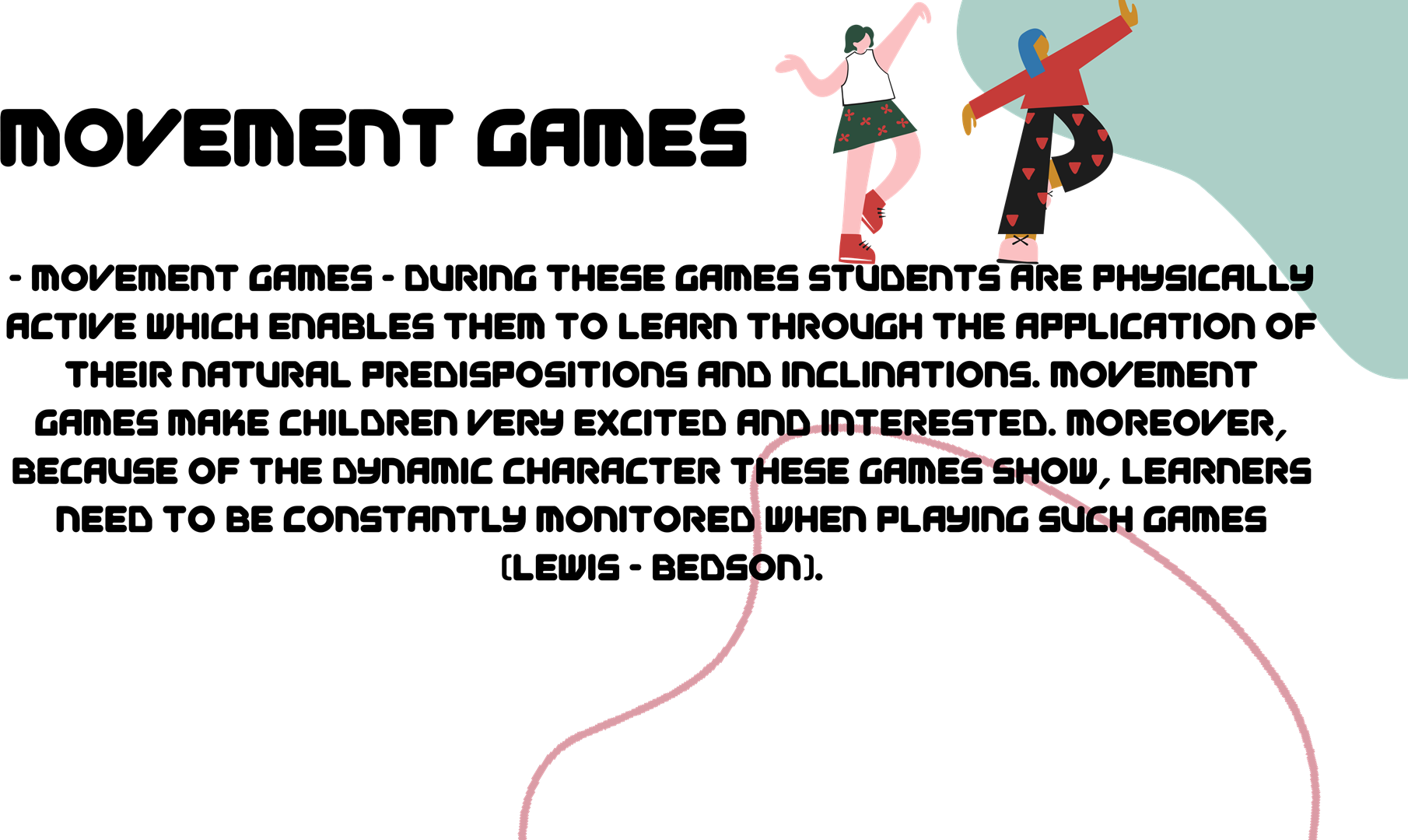 |
Conclusion
 When students enjoy working with their peers in class, and feel supported and safe in their learning environment, they are much more likely to participate fully and be prepared to take the risk of making mistakes. When you teach what you love and share what you know you open eyes, minds, hearts and souls to unexplored words!
When students enjoy working with their peers in class, and feel supported and safe in their learning environment, they are much more likely to participate fully and be prepared to take the risk of making mistakes. When you teach what you love and share what you know you open eyes, minds, hearts and souls to unexplored words!
Here is the result of our work.
We all are very different as flowers in this basket, we have different difficulties, but working in cooperation, sharing experience, we will make a colorful bouquet.
Thank you for your cooperation!
![]()
![]()
![]()
Hope ideas and methodical solutions will be interesting and useful for you!
Wish you Good luck! Let`s do new discoveries!
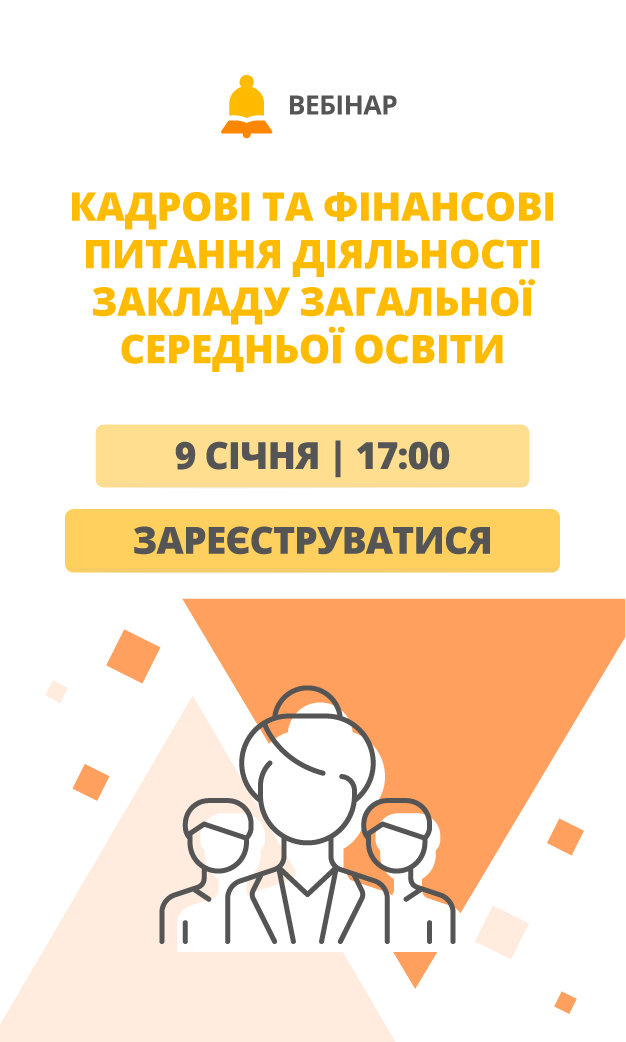

про публікацію авторської розробки
Додати розробку
